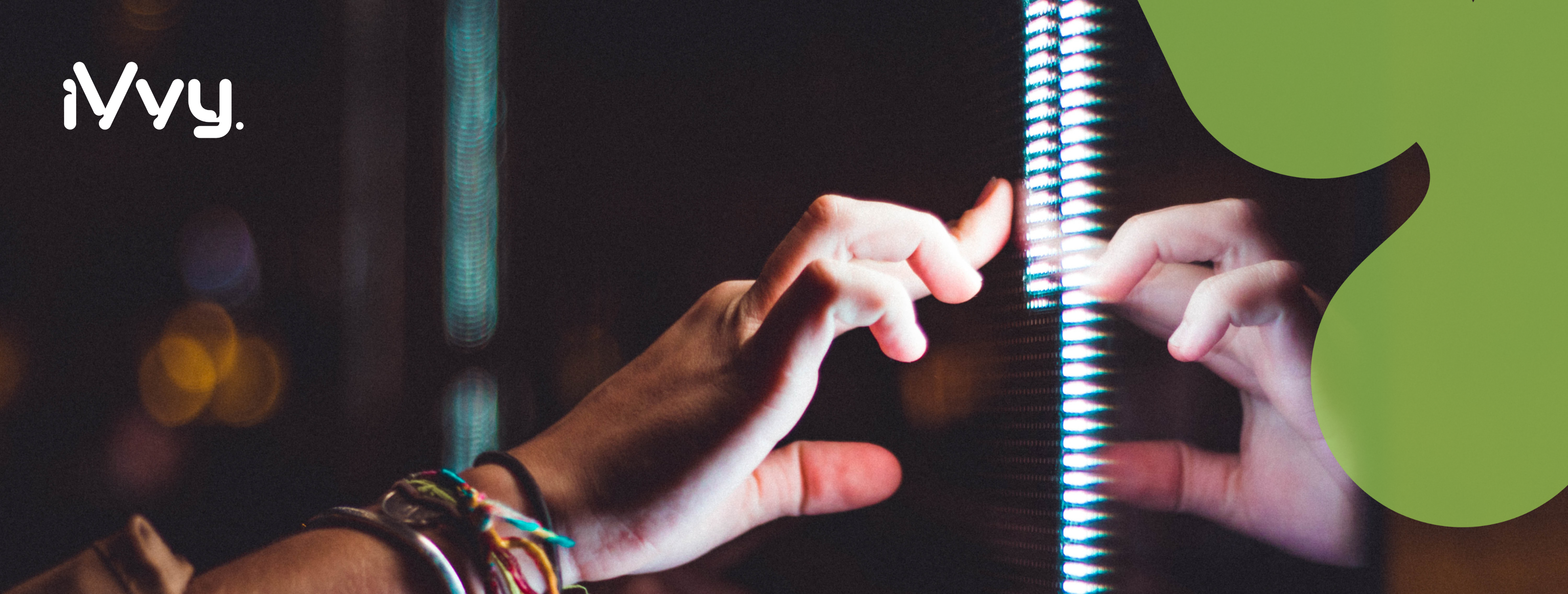Ever wonder how the data you're collecting can be used to turn a profit?
With the right data monetisation strategies, you have the ability to expand your hotel or venue advertising to a highly targeted audience, deliver more personalised messages to current and prospective clients, and create a more memorable guest experience. Let's delve deeper into data, and how it can be collected and analysed to increase your venue profitability.
Technology trends & data in hotels and venues
Finances Online have found eight of the global leading hotel chains implementing VR experiences in their marketing strategy. Furthermore, it has been reported that hotels offering virtual tours are getting up to a 135% increase in online revenue. By utilising AI to create more memorable guest experiences, hotels are capitalising on the technology boom. With this comes an influx of data that can be used to better determine customer demographics, behaviours, needs, and expectations. Using data monetisation in venue operations
How do you turn your data into profit?
Start by reflecting on your objectives, and whether data being currently captured is useful for your outcome. Actionable strategies are only driven by the data you are collecting, and the only way to achieve a competitive edge in data collection is by extracting value from it. Ask yourself; is the data you’re collecting valuable? How can its insight help you to improve business revenue? Data segmentation will also help determine patterns in purchasing patterns, and create a clearer picture of your customer’s journey. Once you’ve started to analyse data, craft a selection of hypotheses and start testing. Adjust offers, wording, marketing collateral, design, or refine audience targeting - experimenting with these elements is essential for transforming speculation into success.
What is the right tech stack and data monetisation strategies for hotels?
Data can only be monetised if numbers are understood and appropriately integrated into short and long term business plans. While the primary goal of data collection should be invested back into improving the customer experience, monetisation strategies can also come in the form of operational cost reductions, creating targeted marketing strategies and greater process efficiencies. Tech stack should be customised to each venue’s needs. The right tech stack should integrate smoothly, while being adaptable to evolving guest expectations and changing industry trends. Automation will also significantly cut time and costs associated with repetitive administration tasks, while integration will assist in data accuracy and reduce double handling of information. Since you’re making a significant investment with your tech stack, make sure you and your staff members are properly trained to utilise features to their full capacity.
Find out more about future-proofing your venue.Take a look at New Opportunities for Venues That Have Emerged in the Last 2 Years. |
.png)
